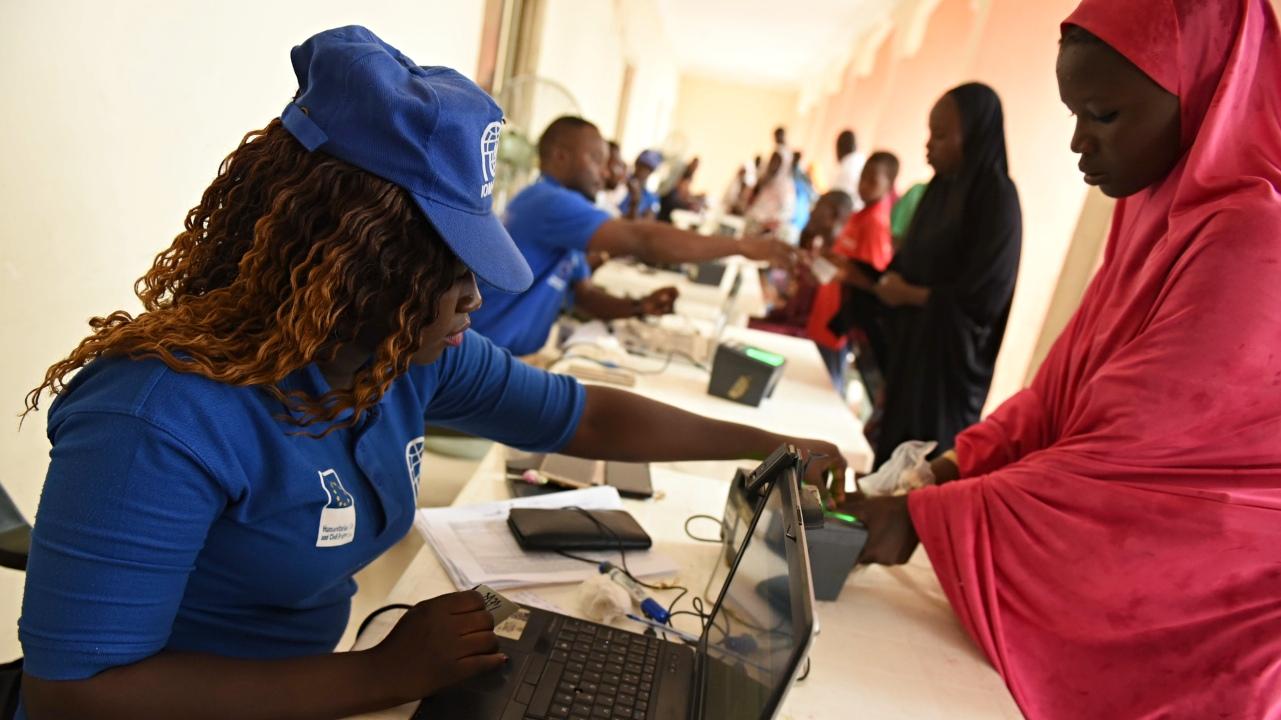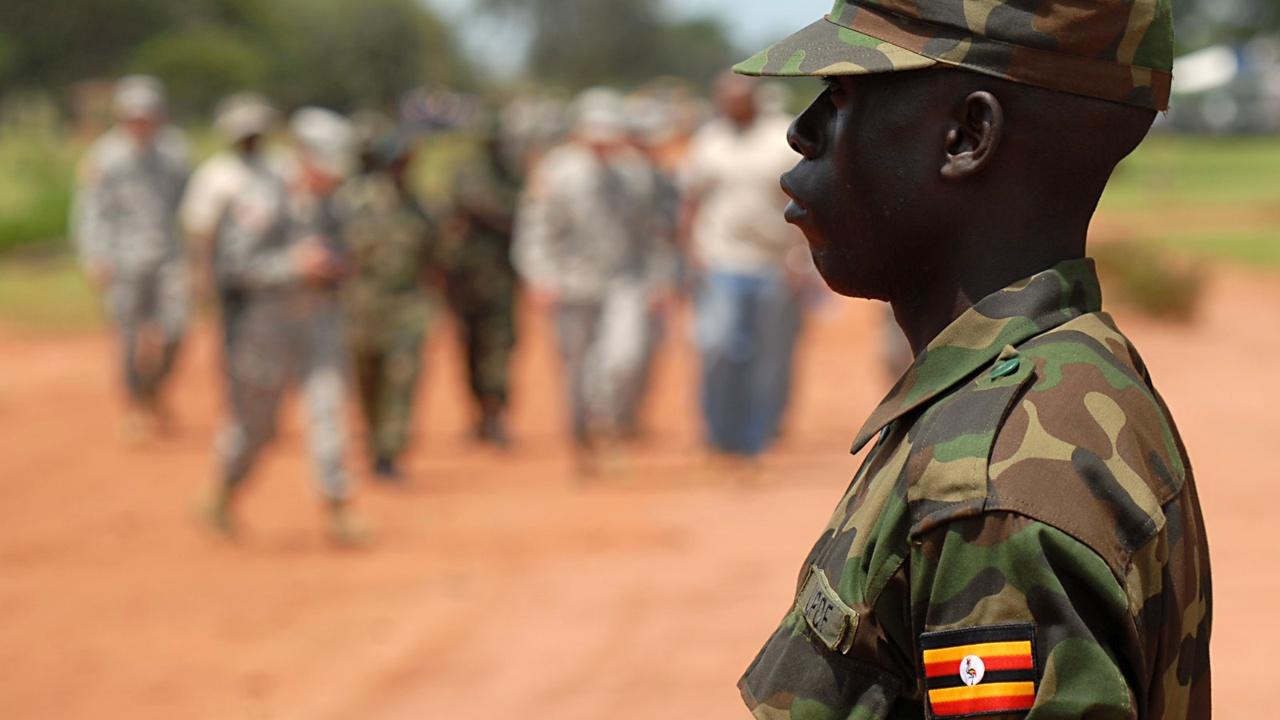It is argued that a major development challenge for Africa is a lack of skilled professionals to manage institutions, which tertiary education can address. A reinvigorated focus on higher education on the continent has led to new universities with innovative approaches, often with a pan-African ethos, but in a post-COVID world financial barriers and a lack of clear information remain significant obstacles.
This post is the second in the series Pathways to Success for Africans in Higher Education, bringing awareness to the journey that African nationals experience when navigating tertiary education, and its importance for the continent’s development.
Access to education is a fundamental tool for development and increased prosperity in any community or society, and this is particularly true in the African context. A World Bank report released in 1991, The African Capacity Building Initiative: Toward Improved Policy Analysis and Development Management in Sub-Saharan Africa, argued that one of the major challenges that African countries faced in their development was the lack of skilled professionals to manage their policies, institutions and economies, which was a gap that tertiary education institutions intended to address. While disregarding the colonial histories that have impacted and continue to shape the context of education on the continent, the World Bank’s analysis made a clear connection between higher education and capacity building in Africa.
On the same issue, a World Bank report published in 2017, Sharing Higher Education Promise beyond the Few in Sub-Saharan Africa, states that while more people have been educated, there remains a huge divide between elites and the rest of the African population, which has stalled productivity and economic growth. Despite the slow progress, reading these two reports more than 25 years apart one can conclude that developing skilled individuals through education has consistently remained a key tool for effective and sustainable development on the African continent.
Work has been done in many African countries to increase access to education and to improve the quality of that education, particularly with a focus on primary and secondary education. However, there is now greater emphasis on providing opportunities within tertiary education to prepare African students for a more globalised job market, as can be seen in the Sustainable Development Goals, particularly goal 4.3. Despite this new international focus on tertiary education, it is clear that African students still face an enormous challenge in accessing quality higher education, which has become an even more urgent issue during the coronavirus pandemic. Work needs to be done to provide opportunities and resources for African students to access higher education, including study opportunities abroad.
The current state of African higher education
For many years there have been several prestigious universities operating on the African continent, that continue to produce high-performing individuals who greatly contribute to society. Universities like the University of Cape Town (South Africa), Makarere University (Uganda), University of Dar es Salaam (Tanzania), University of Ibadan (Nigeria), University of Ghana and University of Zimbabwe have long served thousands of students annually, just to name a few. However, like every higher education institution, these universities have had their challenges over the years.
With a reinvigorated focus on higher education on the continent, and the need for leaders to address Africa’s growing and unique needs, many newer institutions have emerged. Institutions like Ashesi University (Ghana), African Leadership University (Rwanda & Mauritius), Barwaaqo University (Somaliland), Africa University (Zimbabwe), USIU-Africa University (Kenya) and the African School of Economics (Benin) have innovative approaches to teaching and learning often related to leadership development, skills generation, the promotion of entrepreneurship and technological innovation, gender equity, group learning models, critical thinking and research and practical application. These institutions often espouse pan-African values, with a focus on improving outcomes regionally rather than only nationally. These approaches have proven fruitful in producing the types of individuals needed to enter the African job market. However, as Africa experiences new challenges connected to the coronavirus, moving towards more online learning, questions arise on how to continue working towards improved access to quality higher education for African students.
African higher education during the pandemic
What happens when studies are disrupted, when lessons have come to a halt and your future is on pause? These are the troubling realities many African students currently face. The pandemic has shined a light on the need to invest in teachers in order to deal with the changing educational landscape, and the many schools that were closed are working to reopen at the start of the new year. Difficult conversations are occurring to find the best way to ensure that students do not fall behind, and that the financial needs of institutions can be met. The question remains, how can African institutions respond to the challenges that have come in the time of COVID-19?
The current circumstances bring to the fore the importance of finding opportunities to accelerate lagging educational systems and to encourage increased digital access and flexible learning options. To move forward, it is important to identify the unique needs and opportunities available in each country to provide the right solution. One size does not fit all, and the shift to online platforms may not be effective in every situation. As highlighted in the World Bank’s Facing Forward: Schooling for Learning in Africa report, there is a substantial difference between education systems across Africa, and each of these contexts need to be taken into account when searching for solutions.
The role of international education and the barriers that exist
As we address this challenge of supporting African students to access higher education in this era of COVID-19, it is important to note the role that international education holds. Institutions like LSE have provided opportunities for African students to study abroad for decades. This is not without its problems, especially when recognising the colonial relationship some Western institutions have had with the African continent. But as we continue to progress the conversation on access, the opportunity for studying abroad must be discussed. Unfortunately, limited funding opportunities for African students often reserve this option for the elite, and scholarships are often provided in small numbers by personal donors affiliated with a specific institution.
The largest foundation that provides scholarships specifically to African students from numerous countries is the MasterCard Foundation with its MasterCard Foundations Scholars Program, which is doing tremendous work to fund international education opportunities for Africans. Smaller and more targeted initiatives such as the Ashinaga Africa Initiative also make an impact. But is this enough? These scholarships are competitive and knowledge of these resources are often limited to individuals who have the social capital necessary to access them.
On top of financial barriers, often students are unaware of the information necessary to access higher education abroad. Vital support such as school counsellors help provide this information about different universities, giving tips for applying and enabling students to understand their choices. Students from a less privileged background often do not have the opportunity to explore the range of courses available to them, information about institutions around the world, or how to meet the requirements necessary to gain admission. Along with this, recruiters at universities often target major cities and build partnerships with limited amounts of schools and university prep programmes based on their capacity and strategic objectives. At times this becomes a ticking box activity rather than a comprehensive approach to outreach if the recruitment does not result in higher enrolment rates at the school. Information must be made more widely available to prospective students with an interest in studying abroad.
The complexities of African students obtaining visas also adds to the list of obstacles, which can cause financial and emotional strain, resulting from more general issues around restrictive visa application processes in the UK and other Western countries. To put it into context, three out of four African students were rejected in 2019 by the Canadian student visa application. As institutions like LSE are known for their international community, there is a need to make a more substantial effort to reach out to African students to address the barriers they encounter in accessing higher education abroad.
The work being done
Many efforts are being made to support different populations on the African continent to gain access to higher education. Schools and organisations such as Bridge2Rwanda (Rwanda), Barwaaqo University (Somaliland), Nova Pioneer Schools for Innovators and Leaders (Kenya/South Africa), Makomborero (Zimbabwe), African Leadership Academy (South Africa) and CIYOTA/COBURWAS (Uganda/DRC) are examples of organisations that have created strong international partnerships and advocated in innovative ways for the students they serve, supporting their journey to university on the continent and abroad.
Issues such as financial barriers and a lack of information can be supported through programmes like these, providing the right guidance and mentorship to African students who seek to obtain a brighter future. These organisations and universities need to work more closely together to ensure that African students are still able to access quality higher education in these precarious times. Alongside these efforts, higher education institutions on the continent and abroad need to fund meaningful educational pursuits, while effectively adapting to the new realities of a post-COVID world.
Photo: PfAL New Class 2019, LSE. Credit: Owen Billcliffe.






Fantastic read!
Increasing Higher Education opportunities is sadly only the first step. Few companies are geared up to employing and developing graduates through the ranks – their adverts always call for experience! There should also be a strong call to organizations to recognize that experts and leaders are not produced overnight. A concerted long-term and ongoing effort should be put in place for continously developing graduates. Allyson Lawless, Johannesburg.